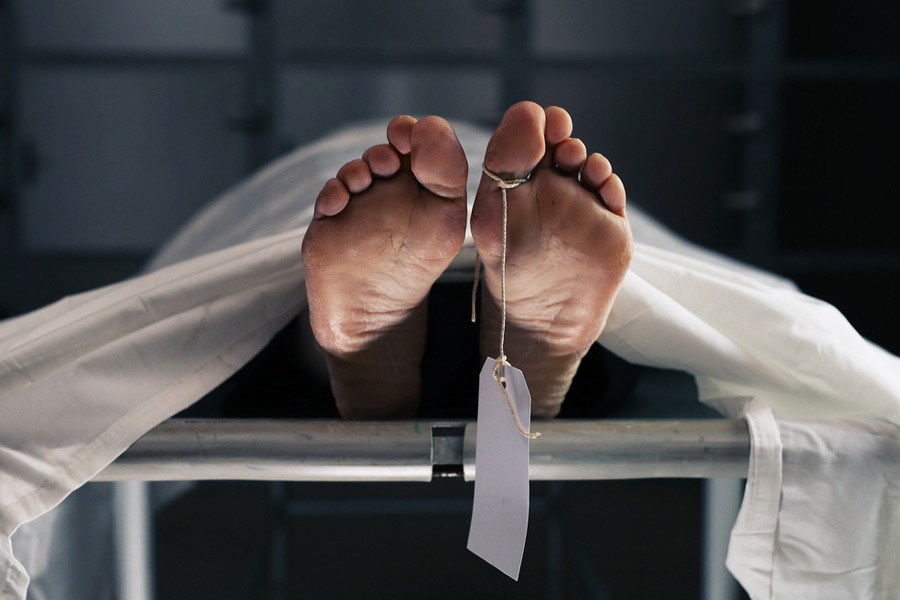A 43-year-old woman who came to Calcutta about a week ago and was admitted to the Belle Vue Clinic on Monday with dengue died at the hospital on Wednesday.
Piyashi Chatterjee, 43, died of dengue hemorrhagic fever or dengue shock syndrome, the death certificate mentioned. She was a resident of Ghaziabad in Uttar Pradesh.
Chatterjee was the sister of actor-singer Shaheb Chattopadhyay. Shaheb had posted on Facebook on Tuesday seeking platelet donors for her sister. On Wednesday, he posted that his sister passed away. “Dengue killed her within a span of 3 nights,” he wrote.
A family friend said Piyashi used to live on Raja Basanta Roy Road before she shifted to Ghaziabad.
A doctor in the hospital said the woman was suffering from a fever immediately after she arrived in the city. “Her condition was very critical when she came here. We had to shift her to the critical care unit,” the doctor said.
A 23-year-old student of Jadavpur University died of dengue on Monday. Several deaths have been reported though the state health department has remained silent on the death toll or the number of people infected by dengue in the city and across Bengal.
A CMC official, who spoke on condition of anonymity, said about 1,900 dengue cases have been reported since January this year.
Dengue virus is spread by the bites of infected Aedes aegypti mosquitoes, an entomologist said. The mosquitoes are small container breeders and even a spoonful of water in a container that remains undisturbed for at least seven days can lead to the birth of an adult mosquito from an egg.
An infectious diseases specialist in a private hospital in the city said that it takes about seven to 10 days for symptoms of dengue to manifest from the entry of the virus into the human body.
The World Health Organisation (WHO) website says “the best preventive measure for areas infested with Aedes mosquito is to eliminate the mosquitoes’ egg laying sites — called source reduction”.
A doctor listed some of the symptoms, which if found in a person who tested positive for dengue, merits immediate hospitalisation. The symptoms were drowsiness, severe and persistent abdominal pain, continuous vomiting, inability to drink adequate fluid owing to nausea or vomiting or other factors, reduced urine output, breathing trouble and significant bleeding from nose, stool or vomiting.
